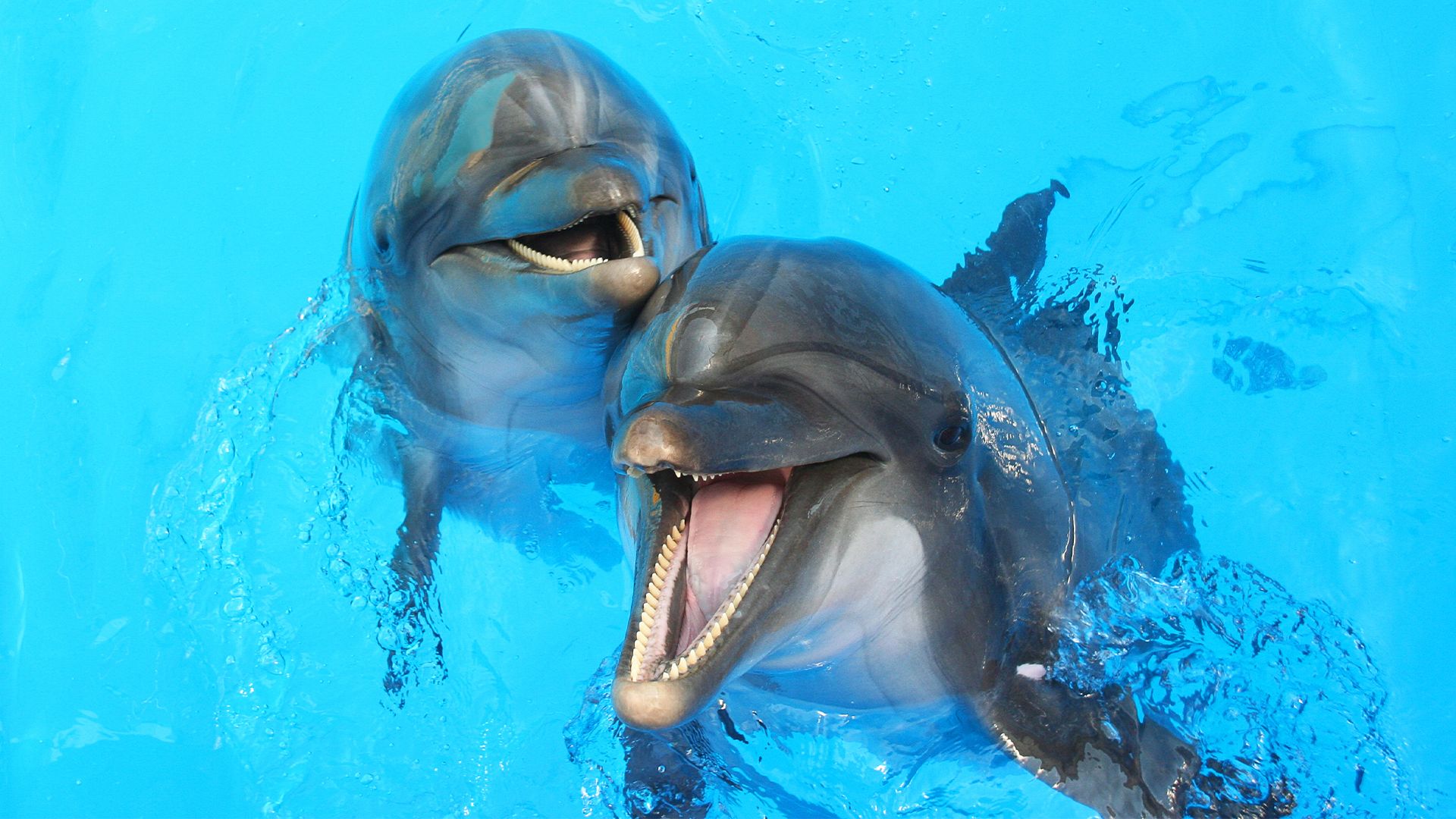Mapping Animal Sounds: A Critical Step for Ocean Conservation

In a revealing study on ocean acoustics, scientists have highlighted the significant impact of ocean acidification on marine life communication. Acidification, driven by the absorption of atmospheric carbon dioxide (CO2), lowers the ocean's pH, allowing animal sounds to travel further and thereby increasing background noise levels. This phenomenon disrupts the natural communication channels of marine species, potentially leading to severe ecological consequences.
According to global economic assessments, the biodiversity and ecosystem services provided by our oceans are valued between $125 and $140 trillion annually. Among these, the whale-watching industry alone generates over $2 billion each year, underscoring the economic implications of marine ecosystem health. Given these figures, there is an urgent call for regulatory measures to safeguard marine animals and their habitats.
Dr. Arik Kershenbaum, a zoologist from the University of Cambridge, emphasized the ecological benefits of studying animal vocalizations. "Acoustic tracking devices are becoming vital tools for understanding the movement and dispersal behaviors of species," Kershenbaum explained. These devices not only help in mapping the territories of various animals but also in monitoring their behavioral patterns, which is crucial for conservation efforts.
The findings stress the importance of integrating acoustic studies into marine conservation strategies. As noise pollution continues to rise, the ability to map and understand animal sounds becomes pivotal in creating environments where marine life can thrive without interference. This approach not only aids in the protection of marine species but also supports industries that depend on the health of these ecosystems.
As we move forward, the integration of acoustic ecology into policy-making will be essential to ensure that the ocean's soundscape remains a vibrant and functional part of the marine environment, fostering both ecological balance and economic sustainability.
